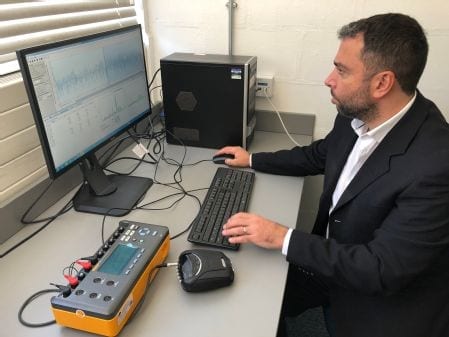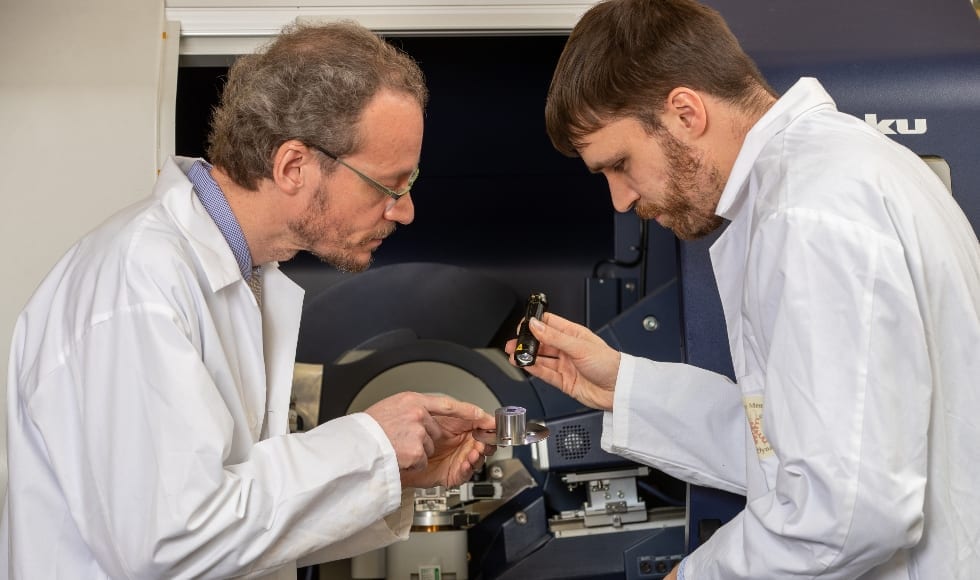Dr Leandro Pecchia
The Latest Updates from Bing News & Google News
Go deeper with Bing News on:
Wearable sensors
- Medical Sensors Market worth $3.6 billion by 2029 - Exclusive Report by MarketsandMarkets™
The medical sensors market is valued at USD 2.4 billion in 2024 and is projected to reach USD 3.6 billion by 2029; it is expected to grow at a CAGR of 8.1% from 2024 to 2029 according to a new report ...
- Oxa Review: The Rise Of Wearable HealthTech Startups
Join us as we delve into the realm of Oxa, a wearable breathing coach, exploring TechRound's review of this pioneering startup and its product.
- Flexible Sensor Market to Reach $11.2 Billion Globally by 2032 at 7.7% CAGR: Allied Market Research
The rising popularity of wearable devices and continuous technological advancements are projected to drive the global flexible sensor market's growth during the forecast period from 2032 to 2032. The ...
- Wearable Sensors Market towards a USD 10.19 Billion by 2032
IntroductionAccording to Market.us, The Global Wearable Sensors market size is expected to be worth around USD 10.19 Billion by 2032, from USD 3.55 Billion in 2023, growing at a CAGR of 12.8% during ...
- This new wearable AC from Sony can help you beat the heat this summer
Sony's Reon Pocket 5, a wearable air conditioner, provides comfort through cooling and heating. Equipped with a thermo module, sensors, Reon Pocket ta ...
Go deeper with Google Headlines on:
Wearable sensors
[google_news title=”” keyword=”wearable sensors” num_posts=”5″ blurb_length=”0″ show_thumb=”left”]
Go deeper with Bing News on:
Hypoglycaemic events
- Scientists one step closer to breakthrough insulin pill
An estimated 75 million people worldwide inject themselves with insulin roughly 6-7 times a day. Now, researchers are using nanotechnology to create a pill form of the medication, which includes a ...
Go deeper with Google Headlines on:
Hypoglycaemic events
[google_news title=”” keyword=”hypoglycaemic events” num_posts=”5″ blurb_length=”0″ show_thumb=”left”]










